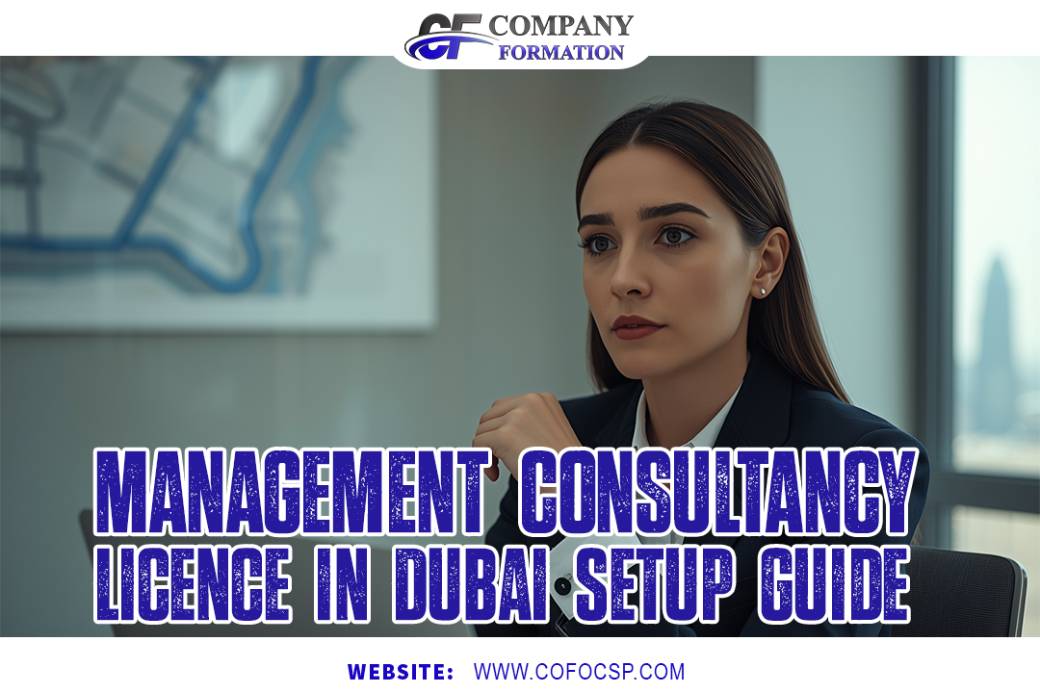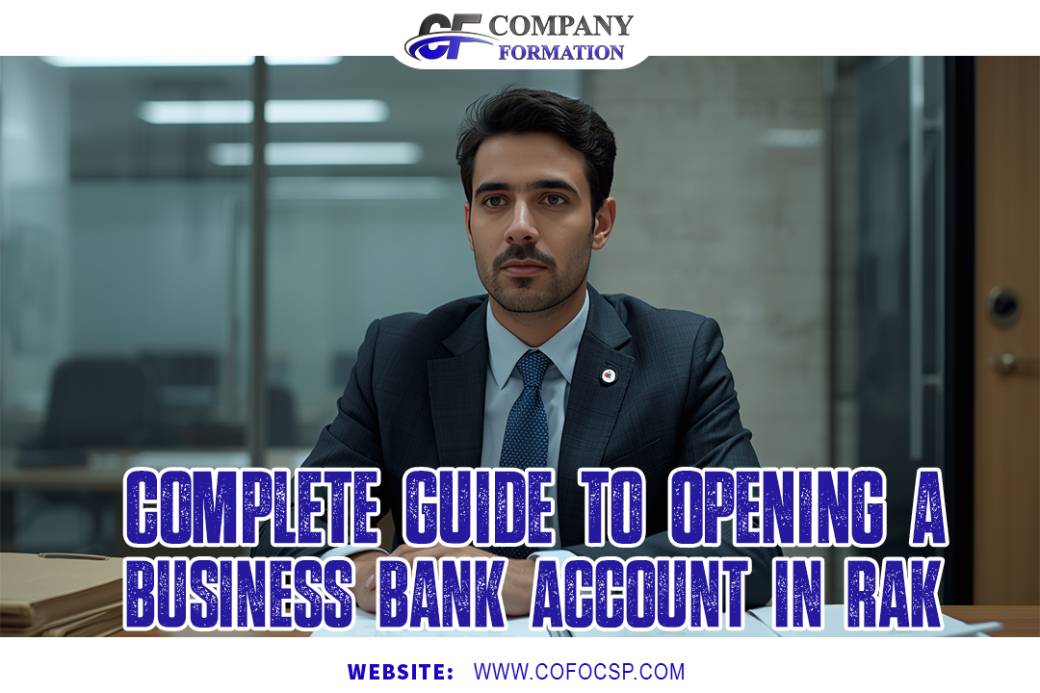UAE Work Permits in 2025 | Everything You Need to Know to Work Legally
If you’re asking, “What are the types of work permits in the UAE for 2025? You’re in the right place. The UAE has 13 different types of work permits – all regulated by the Ministry of Human Resources and Emiratisation (MoHRE) – for full-time workers, freelancers and students. These permits guarantee legal employment, safeguard employee rights and support the UAE’s vision of a diversified, competitive economy. Whether you’re considering a business setup in Dubai or want to take on some freelance work, this guide answers the call of duty: it covers each permit type, the application process, fees and changes expected for 2025, so you can travel through this convoluted process and stay on the right side of the rules.
After having assisted friends and clients in setting up businesses in the UAE, I know how important having the right permit is to success. This post details it all with practical advice and step-by-step processes – from how to obtain a golden visa work permit to the free zone landscape. Your journey to working legally in the UAE starts here.
Understanding UAE Work Permits
The “UAE Employment Pass” is a legal work permit for working in the UAE in the private sector, newly issued by MoHRE based on the Federal Decree Law No. 33/2021. It’s a necessity for most expatriates because it’s linked to your residency visa and Emirates ID. The permit dictates your position, employer and length of contract, meaning you are also protected under UAE labour laws. Without it, you’re not only breaking the law, but you could be putting your stay in the UAE at risk.
When I assisted a friend in establishing a small consultancy in Abu Dhabi, the work permit process was our first obstacle. It’s more than just paperwork; it’s about fitting into the UAE’s vision for a regulated, diverse workforce. The right permit can open up doors to opportunity while ensuring that you’re playing by the rules, whether you’re a software engineer or a private tutor.
Why Work Permits Matter in the UAE
Work permits form the foundation of the UAE system. Here’s why they’re essential:
- Protection under the law: It guarantees people have rights to fair wages, safe conditions and established means to recoup any wrongs.
- Workforce Equilibrium: Supports Emiratisation through the control of foreign labour force recruitment.
- Economic Growth: Brings global talent to help drive industries such as tech, health care and construction.
- Compliance: Protects against penalties — such as fines or deportation — for illegal work.
- Flexibility: Provides options for both full- and part-time and freelance work.
There is, therefore, an important role for these permits in the UAE’s labour market, balancing employer requirements with the rights of employees. MoHRE’s sharik. AE platform too actively seeks public feedback to develop such policies further, keep it up!
Complete List of UAE Work Permit Types
The UAE provides 13 types of work permits in 2025, all of which cater to different jobs and purposes. Here’s a detailed look at each, responding to “What are the types of work permits in UAE 2025?
1. Standard Work Permit
The default work permit is the go-to for recruiting foreign professionals. The permit is sponsored by the employer, who pays for the visa and residency requirements.
- Who It’s For: Expatriates who a UAE company.
- Eligibility: Job offer, Qualifications related to the job, Medical
- Term: Up to 2 years, with possibility of renewal.
- Example: This permit is required by a sales manager joining a Dubai company.
With this permit being the basis for a vast majority of expatriate employment, the right to work legally in any industry is secured.
2. Transfer Work Permit
The permit enables expats to change jobs within the UAE without the need to leave the country.
- Who It’s For: Workers who are leaving their current employer.
- Requirements: Successor case, new employment, and MoHRE permission obtained.
- Procedure: The New employer to manage the transfer of sponsorship.
- Example: A nurse transferring from one Dubai hospital to another.
It’s a career-boosting game changer which could keep workers in the UAE’s fast-moving job market.
3. Family-Sponsored Work Permit
The family-sponsored work permit allows dependents (such as spouses) to work without the requirement for employer sponsorship.
- Who It’s For: Local residents living on family visas and looking for a job.
- Eligibility: Proper residency visa, job offer.
- Benefit: Provides spouses/children over 18 the ability to attend at-will.
- Sample: Spouse on a family visa and working as a graphic designer.
This visa enables dependents to work without challenges with visa issues.
4. Temporary Work Permit
This permit is intended for temporary needs and has a maximum duration of 6 months.
- Who It’s For: Workers performing particular time-constrained tasks.
- Eligibility: Employer sponsorship, project details.
- Use Case: Event staff for Expo 2025 in Dubai.
- 2025 Update: Could coincide with the availability of remote work visas.
It’s well-suited for businesses in need of temporary help without the onus of long-term commitments.
5. One-Mission Work Permit
It is this permit that allows for foreign workers to be brought in for a single, short-term project.
- Who It’s For: Freelancers for short-term projects (like consultants).
- Eligibility: Employer-sponsored, defined project scope.
- Length: As per project requirement (usually not more than 6 months).
- Example: Building engineer for a 3-month project in Sharjah.
It’s perfect for niche, project-based positions in rapidly moving industries.
6. Part-Time Work Permit
The part-time visa will allow working for more than one employer upon MoHRE consent.
- Who It’s For: Anyone who is juggling several jobs.
- Eligibility: Part-time contract, MoHRE permission.
- Use Case: A digital marketer with gigs in the tech scene of Dubai.
- Pros: Flexibility for creative or tech pros.
This permit would feed into the increasingly robust gig economy in the UAE.
7. Juvenile Work Permit
For those aged 15-18, it secures safe and regulated work.
- Who It’s For: Young workers in relatively secure jobs.
- Eligibility: Age 15-18, employer compliance with safety laws.
- Restrictions: Limited hours, no dangerous work.
- Example: A 17-year-old doing a part-time job in a Dubai café.
It weighs the need for jobs for young people against strict safety precautions.
8. Student Work and Training Permit
This will allow students 15+ years to work while studying.
- Who It’s For: UAE-resident students.
- Eligibility: Enrolled student, employer sponsorship.
- Use Case: A university student who is interning at a Dubai-based startup.
- Advantage: Contributes to Emiratisation by skill development.
It is a stepping stone for students entering the workforce.
9. UAE/GCC National Work Permit
This visa is available for Emiratis and GCC nationals who do not need visa sponsorship.
- Who It’s For: Citizens of the UAE and GCC.
- Eligibility: Job offer, visa not required.
- Use Case: An Emirati working for a private-sector company in Abu Dhabi.
- Benefit: Promotes Emiratisation goals.
It is placing the emphasis on local talent in the private sector.
10. Golden Visa Work Permit
The main kind of golden visa work permit is for holders of long-term residency, looking for a job.
- Who It’s For: Golden visa holders (i.e., investors, professionals).
- Eligible for: Existing golden visa, offer of employment.
- Case: Businessman/consultant in Dubai.
- 2025 Update: Expanded to tech and creative industries.
It connects long-term residence with employment.
11. National Trainee Work Permit
This visa prepares UAE citizens for private sector positions.
- Who It’s For: Emirati college graduates with diplomas.
- Eligibility: Academic credentials, company sponsorship.
- Use case: A graduate working for a Dubai consultancy.
- Benefit: Supports the Emiratisation initiative by enhancing the level of competencies.
It is a central brick in the UAE’s local talent strategy.
12. Freelance Work Permit
The freelancing visa permits independent work without needing an employer.
- Who It’s For: Freelancers in tech, media or creative industries.
- Requirements: Residency visa, skills relevant to the opening.
- Use Case: A freelance software engineer in Dubai’s tech hub.
- 2025 Update: Tailored for “digital nomads” and green visa holders.
It’s a lifeline for the UAE’s burgeoning freelance community.
13. Private Teacher Work Permit
Qualified teachers can offer private tuition for free using this permit.
- Who It’s For: Certified Teachers.
- Eligibility: MoHRE approval, teaching credentials.
- Duration: 2 years, renewable.
- Example: A math tutor in Abu Dhabi.
It enhances education and brings about compliance.
Specialised Permits for Key Sectors and Free Zones
In addition to the 13 permits, the UAE has specialised permits by industry and free zone.
Sector-Specific Permits
These are for high-demand industries such as health care, education and construction.
- Eligibility: Licensed in a specific field (e.g., board-certified medical doctor).
- Process: Approval from competent authorities (ie Dubai Health Authority) and then normal permission steps.
- Use Case: A nurse working in the Dubai health industry.
In addition, these visa programs have brought global talent to priority sectors.
Free Zone Permits
Free zones such as Hamriyah Free Zone (HFZA), Dubai Multi Commodities Centre (DMCC), and twofour54 provide simplified licensing along with tax exemptions.
- Eligibility: Job provided in a free zone, aged 18-60 (exceptions for managers/shareholders).
- Visa Allowances: According to the size of the office (Ex, DMCC: 1 visa for 9 sq ft)
- Example: A member of the press in twofour54.
- 2025 Update: New remote work permit for free zones.
I once saved a client’s startup business in Dubai Internet City, the time and money to get a free zone permit.
Step-by-Step Guide to Getting a UAE Work Permit
Here’s what it takes to obtain a UAE work permit in 2025:
Step 1: Get a Job Offer:
A contract of employment with an employer based in the UAE.
Step 2: Submitting Application by Employer:
Employer applies through the MoHRE portal, or Tasheel centres submitting these:
- Passport copy
- Academic and professional certificates
- Photographs
- Medical fitness certificate
Step 3: Medical Examination:
Get a health test done at a UAE-certified centre.
Step 4: Ministry of Interior:
Applying for an Emirates ID through the Federal Authority for Identity and Citizenship – ICP.
Step 5: Permit and Visa Type:
MoHRE issues the permit (5-10 days), then the residency visa afterwards.
Step 6: Contract Registration:
Prepare and register the labour contract with MoHRE.
PRO services can help you streamline it, particularly for business setup in the UAE.
How Much Do UAE Work Permits Cost?
Costs vary by permit type and company classification (A, B, or C), based on compliance with labor laws and the Wages Protection System.
| Permit Type | Cost (AED) | Notes |
| Standard Work Permit | 250-3,450 | Varies by company class |
| Temporary Work Permit | 500-2,000 | Project-specific |
| Freelance Work Permit | Varies | Free zone or mainland fees |
| Private Teacher Permit | Free | Renewable every 2 years |
Additional costs include medical tests, Emirates ID, and visa processing. Check MoHRE’s portal for exact fees.
Consequences of Working Without a Permit
Working illegally in the UAE, per Federal Decree Law No. 33/2021, has serious consequences:
Employers:
- Fines up to AED 50,000.
- Business license revocation.
- Restrictions on future hiring.
Employees:
- Deportation and blacklisting.
- No legal protections for wages or safety.
- Limited access to healthcare and services.
A colleague’s business faced a hefty fine for overlooking permit compliance, a lesson in staying vigilant.
2025 Updates: New Permits and Regulations
In 2025, the UAE introduced updates to support its diversifying economy:
- Remote Work Permits: Available in free zones, catering to hybrid work models.
- Green Visa Work Permits: For self-sponsored professionals, expanding freelance and investor options.
- Streamlined Processes: MoHRE’s Work Bundle initiative cuts processing times to 5 days.
- Public Engagement: MoHRE’s sharik.ae platform gathers feedback to refine permit policies.
These changes make the UAE more attractive for global talent and businesses.
Tips for a Smooth Work Permit Process
- Use PRO Services: Simplify documentation for business setup Abu Dhabi.
- Verify Documents: Ensure passports, certificates, and medical reports are valid.
- Check Quotas: Confirm visa quotas for free zone permits (e.g., DMCC, HFZA).
- Stay Updated: Monitor MoHRE’s portal for 2025 regulation changes.
- Engage with Sharik.AE: Share feedback to influence future policies.
FAQs About UAE Work Permits
Q1: What is a UAE work permit?
A legal authorisation from MoHRE for expatriates to work in the UAE, linked to residency visas.
Q2: How long does it take to get a UAE work permit in 2025?
Typically, 5-10 days, thanks to MoHRE’s Work Bundle initiative.
Q3: What documents are needed for a freelance permit?
Passport, residency visa, proof of skills (e.g., portfolio), and MoHRE application.
Q4: How do free zone permits differ from mainland permits?
Free zone permits offer tax benefits and are tied to specific zones like DMCC, with quotas based on office size.
Q5: Can golden visa holders work in the UAE?
Yes, with a golden visa work permit, requiring a job offer and MoHRE approval.
Q6: What documents are needed for a temporary work permit?
Passport, job offer, medical fitness certificate, and employer sponsorship documents.
Q7: Can freelancers get a residency visa?
Yes, with a freelance permit, freelancers can secure a residency visa through free zones or mainland authorities.
Q8: How long does it take to get a UAE work permit?
Typically 5-10 days, depending on MoHRE verification.
Final Thoughts: Your Path to Legal Work in the UAE
The UAE’s 13 work permits in 2025 cater to a wide range of professionals, from full-time employees to freelancers and students. Whether you’re exploring a business setup in Dubai or pursuing a golden visa work permit, understanding these options ensures compliance and opportunity. MoHRE’s streamlined processes, free zone benefits, and platforms like sharik.ae make the UAE a global hub for talent. Use PRO services in UAE to navigate the process smoothly and start your journey in the UAE’s thriving economy.









